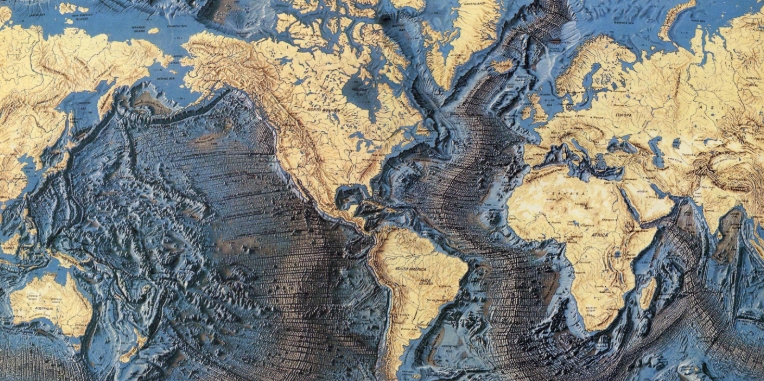Exploring the World’s Oceans: A Deep Dive into Our Blue Planet
The oceans are vast and mysterious, covering over 70% of the Earth’s surface. They play a crucial role in regulating our climate, supporting biodiversity, and providing resources for millions of people worldwide. Understanding the oceans is essential for conservation and sustainable development, as they face various threats from pollution and climate change.
The Seven Major Oceans
While we often refer to the oceans collectively, there are five primary oceans recognized by scientists today: the Pacific, Atlantic, Indian, Southern, and Arctic. The Pacific Ocean is the largest and deepest, covering more surface area than all the landmasses combined. The Atlantic Ocean, known for its important historical role in trade and exploration, is the second-largest and is home to diverse marine life. Each ocean has unique characteristics that contribute to the planet’s ecosystems, making them vital to environmental health and human life.
Threats to Our Oceans
Despite their importance, the oceans are facing significant challenges. Pollution, overfishing, and climate change have led to alarming rates of decline in marine life and the health of ocean ecosystems. Plastics and other pollutants are not only harming marine species but also entering the food chain, affecting human health. Additionally, rising temperatures and acidification are threatening coral reefs and other vital habitats. Addressing these issues requires collective action from governments, businesses, and individuals to adopt sustainable practices and protect our oceans for future generations.
The Importance of Ocean Conservation
Conserving our oceans is not just an environmental issue; it’s essential for human survival. Healthy oceans contribute to global food security, provide livelihoods for millions, and are critical for tourism and recreation. By supporting marine protected areas, reducing plastic use, and advocating for sustainable fishing practices, everyone can play a role in preserving these precious resources. Educating ourselves and others about the significance of oceans can foster a sense of stewardship and accountability toward our planet.
In conclusion, our oceans are vital to life on Earth, and understanding their importance is the first step toward ensuring they remain healthy and thriving. Whether you take up sustainable practices in your daily life or educate others about ocean conservation, every action counts. Let’s work together to protect the last great wilderness on our planet!

